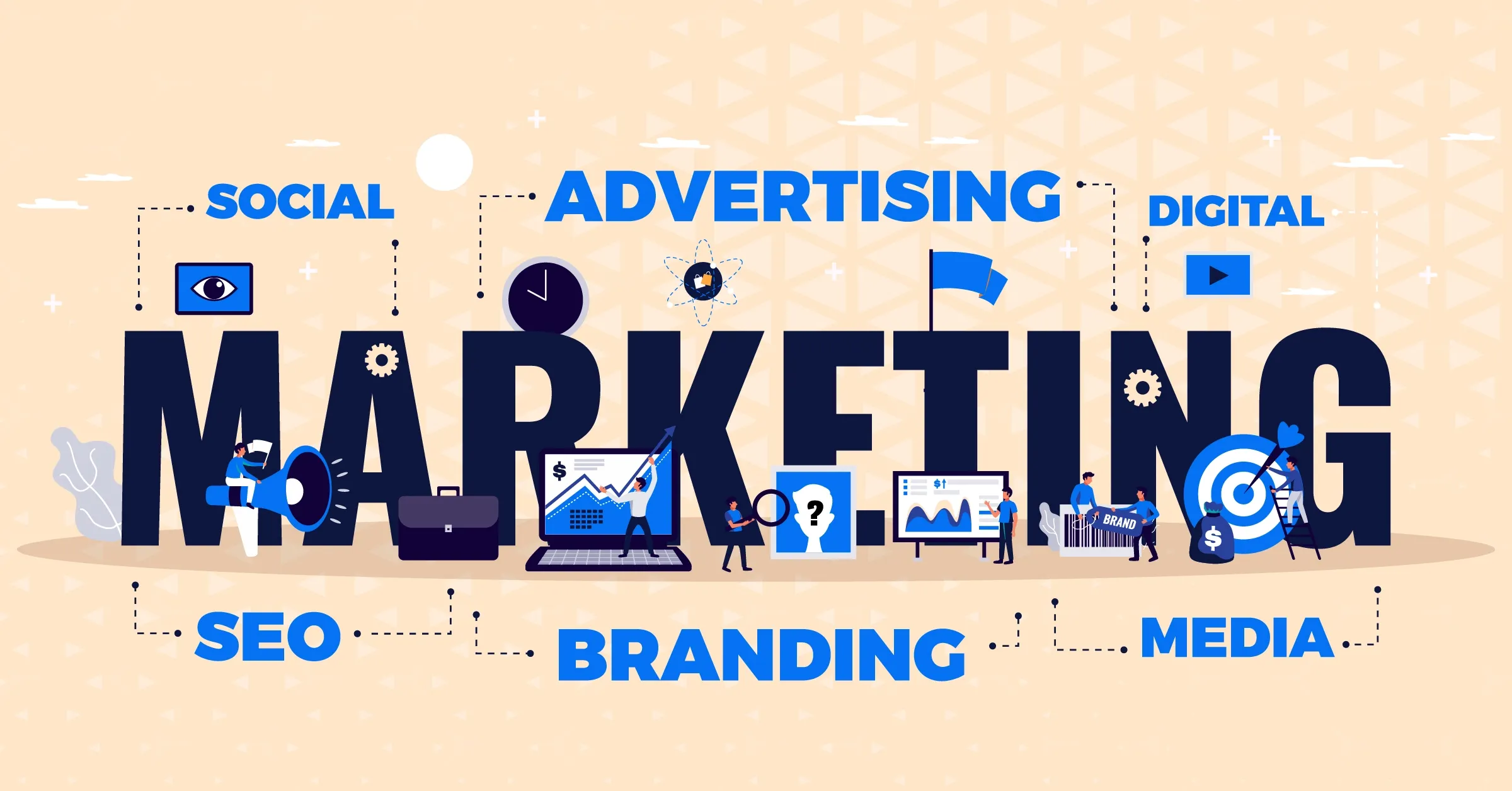As you weigh the pros and cons of social media and traditional marketing, you’re likely wondering which strategy will give your brand the biggest bang for its buck. You’re not alone – many businesses struggle to decide between the two. While social media offers unbeatable reach and targeting capabilities, traditional marketing methods still have their advantages, particularly for local or niche audiences. But how do you determine which approach will resonate with your target audience and drive real results? The answer lies in understanding your brand’s unique needs and goals – and that’s just the starting point.
Understanding Your Target Audience
When crafting a marketing strategy, your target audience is the key to unlocking success, and understanding them is crucial to making informed decisions.
You need to know who they are, what they want, and how they behave. This understanding will help you create content that resonates with them, choose the right channels to reach them, and allocate your budget effectively.
You should identify your target audience’s demographics, such as age, location, and occupation.
You also need to understand their pain points, interests, and preferences. What’re their goals, values, and motivations? What’re their biggest challenges, and how can you help solve them?
Measuring ROI and Campaign Success
You’ve crafted a marketing strategy, identified your target audience, and launched your campaign – now it’s time to measure its success.
Measuring return on investment (ROI) and campaign success is crucial to understanding what’s working and what needs improvement. To do this, you’ll need to set clear goals and key performance indicators (KPIs) before launching your campaign.
This will help you track progress and determine whether your efforts are generating the desired results. For social media campaigns, track engagement metrics such as likes, shares, and comments.
For traditional marketing efforts, monitor metrics like website traffic, lead generation, and conversion rates. Use analytics tools to collect data and gain insights into your campaign’s performance.
Regularly review and adjust your strategy based on the data to optimize your ROI. By measuring campaign success, you’ll be able to refine your marketing approach, allocate resources more effectively, and ultimately drive more sales and revenue for your brand.
The Cost of Marketing Efforts
Two significant factors can make or break your marketing campaign agency strategy: the cost of marketing efforts and the platforms you choose to allocate those resources.
When deciding between social media and traditional marketing, it’s essential to consider the cost of each approach. You’ll need to determine how much you’re willing to spend on marketing efforts and which channels will provide the best return on investment.
Traditional marketing methods like print, TV, or radio ads can be expensive, especially for smaller businesses or startups.
On the other hand, social media marketing can be more cost-effective, with many platforms offering free or low-cost options for advertising. However, social media advertising can add up quickly, especially if you’re targeting a large audience or running multiple campaigns simultaneously.
It’s crucial to set a realistic budget and allocate your resources wisely.
You should also consider the cost of content creation, talent fees, and production costs when calculating the total cost of your marketing efforts.
Brand Awareness and Reach
Your brand’s online presence is a direct reflection of its overall image, and social media plays a significant role in shaping that image.
As you navigate the digital landscape, you need to consider how social media can help increase brand awareness and reach a wider audience. With over 3.8 billion people active on social media, it’s an opportunity you can’t afford to miss.
Traditional marketing methods, on the other hand, are often limited by geographical constraints and demographics. Social media allows you to transcend these boundaries, reaching potential customers across the globe.
When it comes to brand awareness, social media is hard to beat.
You can share engaging content, participate in trending conversations, and collaborate with influencers to get your brand in front of new eyes.
Additionally, social media platforms provide valuable insights into your audience’s interests and behaviors, helping you refine your marketing strategy and optimize your reach.
The Role of Content Creation
Frequently, the success of social media marketing campaigns hinges on the quality of content creation. You can’t just post anything and expect engagement.
Your content must be informative, entertaining, or inspiring to capture your audience’s attention. When you create high-quality content, you increase the chances of going viral, earning shares, and generating leads. Social media algorithms favor content that resonates with users, so it’s essential to understand your target audience’s interests and preferences.
You should develop a content strategy that aligns with your brand’s voice, tone, and messaging. This will help you create consistent content that resonates with your audience.
Consider using a mix of visual and text-based content, including videos, infographics, blog posts, and social media posts. Repurpose your content to maximize its reach and lifespan. By doing so, you’ll be able to stretch your content budget and make the most of your social media marketing efforts.
Conclusion
You’ve weighed the pros and cons of social media and traditional marketing, considering your brand’s unique needs and goals. Now, it’s time to make an informed decision. By understanding your target audience, measuring ROI, and evaluating the cost and reach of each strategy, you’ll choose the approach that drives the most value for your brand. Allocate your resources wisely, and watch your brand thrive in the marketing landscape.


